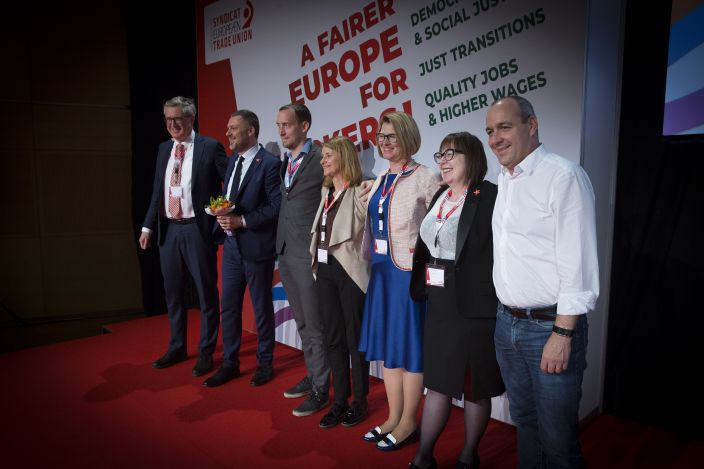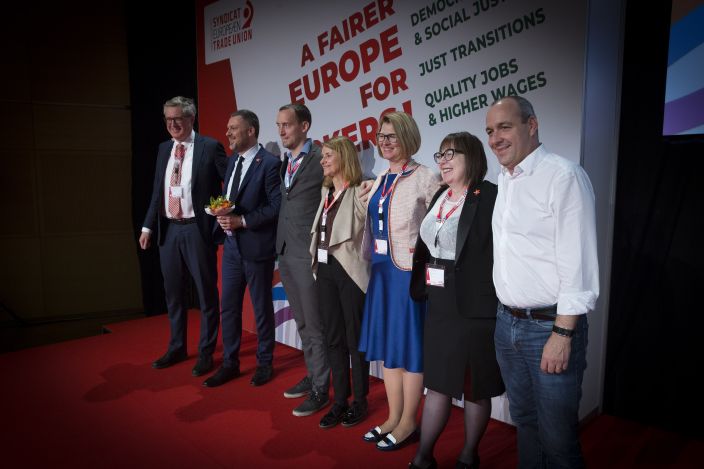Atypical or non-standard work refers to employment relationships that do not conform to the model of full-time, regular, open-ended employment with a single employer over an indefinite time. This applies to more than four in 10 workers in the EU, and the share of non-standard forms of work is increasing.
Principle 5 of the European Pillar of Social Rights states that “Regardless of the type and duration of the employment relationship, workers have the right to fair and equal treatment regarding working conditions, access to social protection and training... Employment relationships that lead to precarious working conditions shall be prevented, including by prohibiting abuse of atypical contracts.”
The ETUC demands full social and labour protection for atypical workers, and the right to organise in trade unions and bargain collectively for better conditions.







